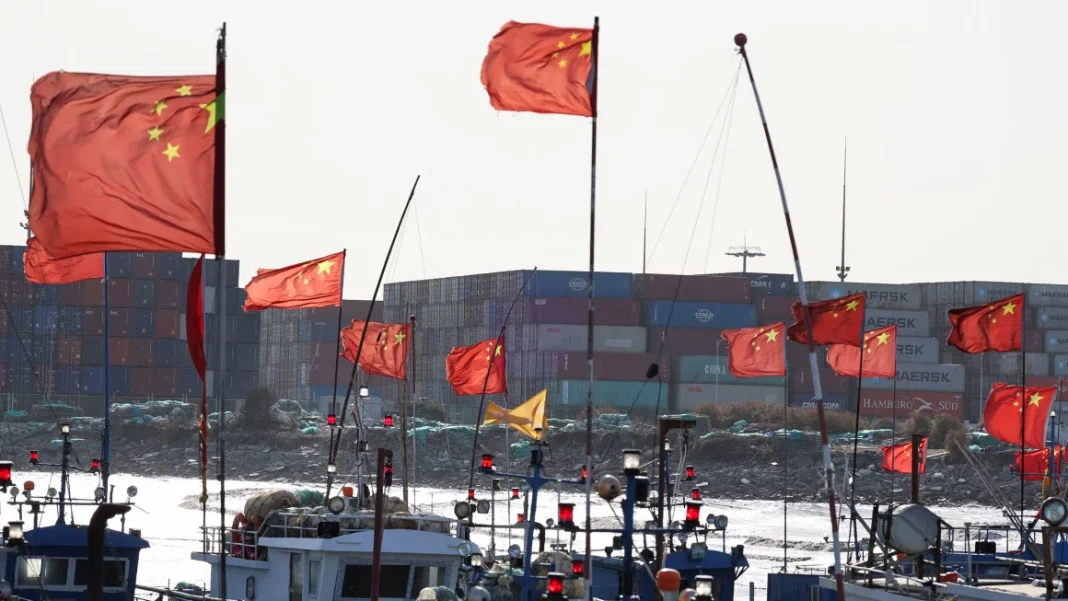This piece paints a really vivid—and honestly pretty intense—picture of how high the stakes are in the U.S.-China trade war. It feels less like a temporary skirmish and more like the groundwork for a prolonged economic and geopolitical standoff.
A few key takeaways stand out:
1. A True Economic Cold War Is Brewing
The term “decoupling” has been floated around for years, but this moment feels like one of the clearest steps toward making it a reality. Trump’s escalation to 125% tariffs on Chinese imports and China’s 84% retaliatory rate is massive. That’s not just a trade tiff; it’s an economic rupture.
2. China’s Long Game vs. U.S. Political Cycles
Xi Jinping’s advantage may lie in time and stability—China’s centralized government can absorb short-term pain for long-term gain without worrying about elections. Trump, on the other hand, is moving fast, potentially aiming to reshape global trade before the next election. But voters might not stomach long-term inflation and economic blowback.
3. Global Repercussions Are Inevitable
We’re talking about two economies that collectively account for more than a third of global GDP. If they start unraveling their trade ties at this scale, supply chains will shatter, consumer prices worldwide will spike, and new trade alliances will rapidly form. The ripple effects are already visible in how Beijing is courting other regions like Europe and Southeast Asia.
4. Mutual Pain, But With Different Tolerances
What’s especially striking is the analysis suggesting China might be more pain-tolerant. The U.S. has consumer backlash and political accountability to manage. China can turn on nationalism, state subsidies, and propaganda to rally through downturns.
5. Who Really Wins?
In the short term? Probably no one. Long-term? Possibly players like India, Vietnam, and Indonesia who can scoop up diverted supply chains. Even companies in Mexico and Eastern Europe might benefit.
It’s fascinating but a little ominous. The way this is unfolding, it’s not just a trade war—it’s a battle over global economic leadership. And both sides seem to be fully aware of that.
What’s your take—do you think this kind of decoupling is sustainable, or does the global economy eventually force them back together?


